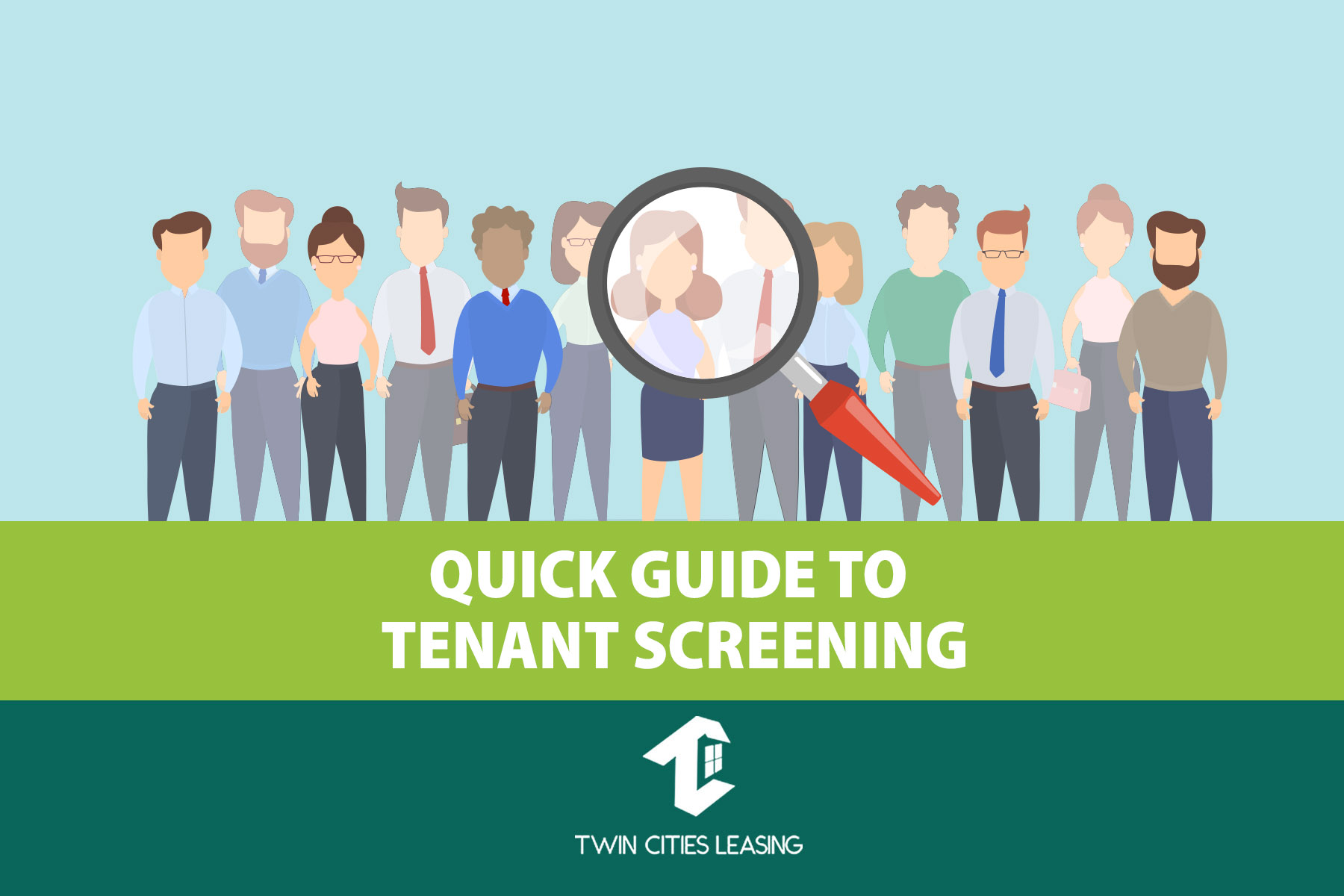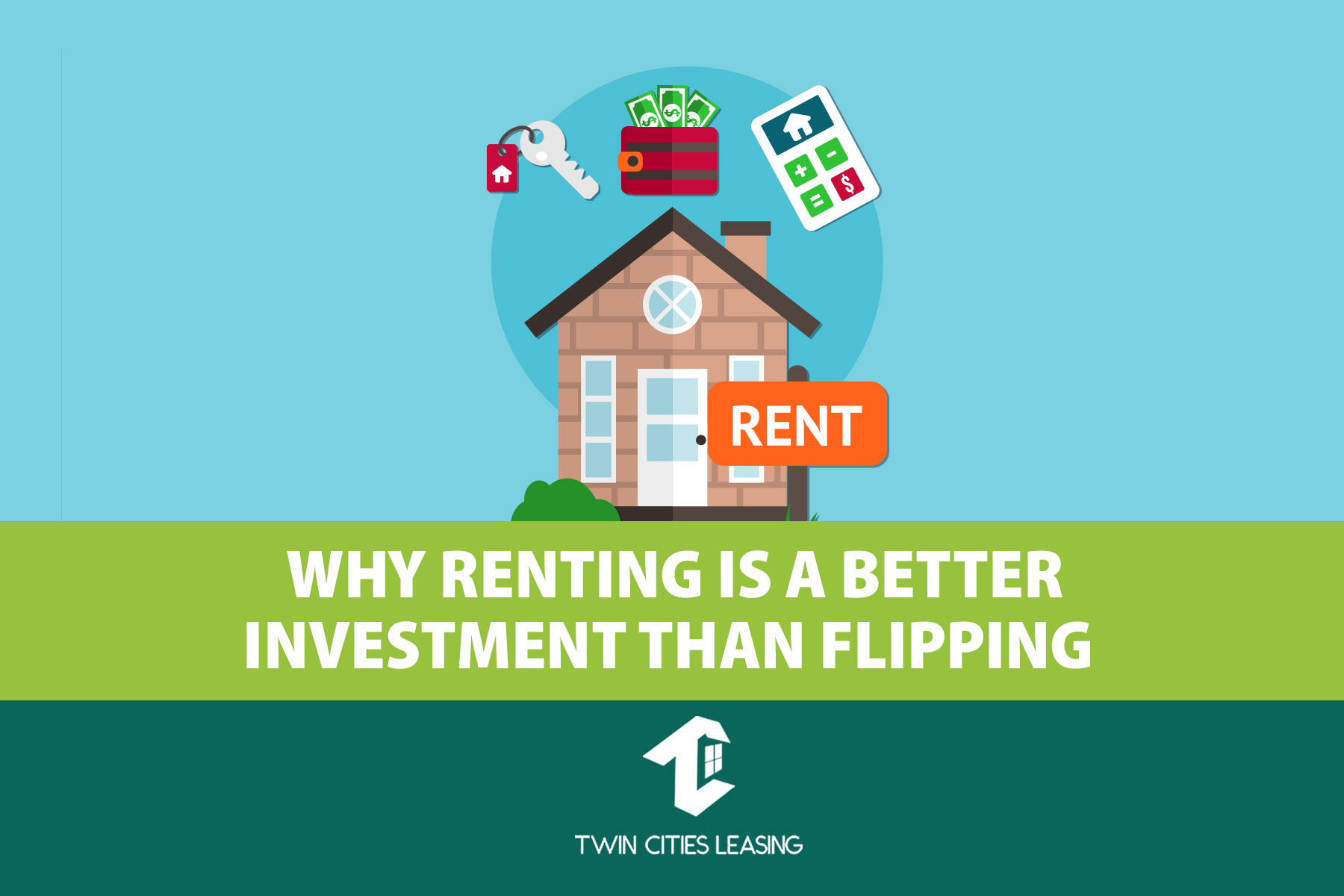
How to Avoid Tenant Lawsuits
August 21, 2019
Journal Entries From the World’s Worst Tenant #4 – Late Rent
September 6, 2019If you want to succeed with property investment, finding the properties and finding rental applicants are important steps. However, screening tenants is also key.
Carefully checking possible residents is one of the surest ways to successful rental relationships. Since tenants who are improperly screened are likelier to lead to problems, you will improve your retention by strengthening this process. It has a huge impact on your ROI.
Here are key elements of rental applicant screening:
Initial contact
Typically your first interaction with a prospect will be by phone — although it could also be by email. At this point, you want to ask the right questions so that you can turn down the potential tenant if they do not meet your criteria. A list of questions you want to ask are as follows:
- What is your name?
- What is your phone number?
- What day do you want to move?
- Why are you moving?
- How many people are you wanting to house? What are your relationships?
- How long of a lease do you want?
- How is your credit?
- Do you smoke?
- Do you have any pets?
- Do you have a past landlord I can contact?
Application
You want to get an application from each prospective resident. Application samples and templates can be obtained via On-Site or Tenant Data.
Make sure the application collects the following details:
- Information on rental history, with landlord contacts
- Personal references with the length of each relationship
- Number of occupants and information on any pets
- Employer references and length of employment
- Bank accounts and credit card minimum payments
- Income showing ability to handle living expenses and rent.
Credit & background checks
You will get a sense from a credit report whether the potential resident you’re reviewing is late on bills. You can also learn their debt-to-income ratio. Look for reports that have data from all three major bureaus – Equifax, Experian, and TransUnion.
Usually a reasonable minimum is 620 (fair). Depending how competitive the field of applicants is, you might want to raise the bar to 680 (good).
Also check criminal background. Be certain all criminal report information is accurate prior to disqualifying a candidate.
Past landlord & employer calls
Ask previous landlords if they would rent to the potential tenant again. Check if the applicant paid their rent on time, if there were any neighbor complaints, and if there was any property damage.
Ask employers whether the prospect is currently employed and if employment is likely to continue. Verify the resident’s salary and job title.
***
Do you want to get the most out of your investment properties? Getting help can be wise. At Twin Cities Leasing, we understand what Owners need in property management. See why we’re the highest rated residential property management company in Minnesota.




